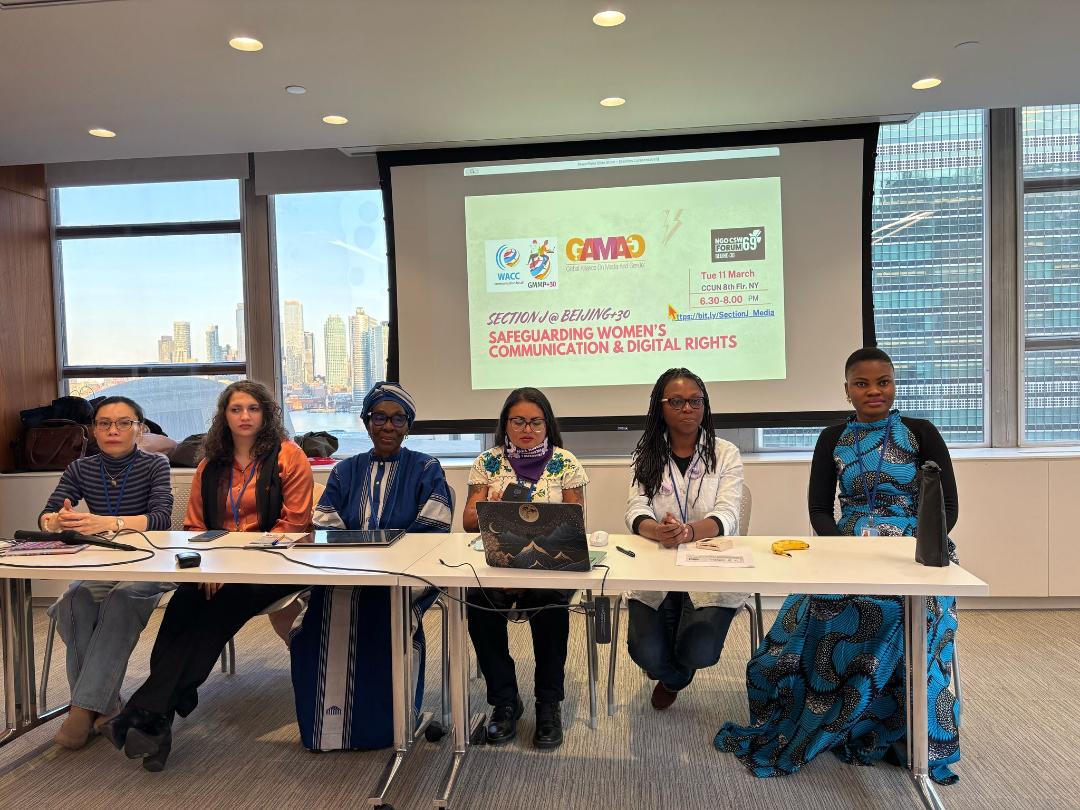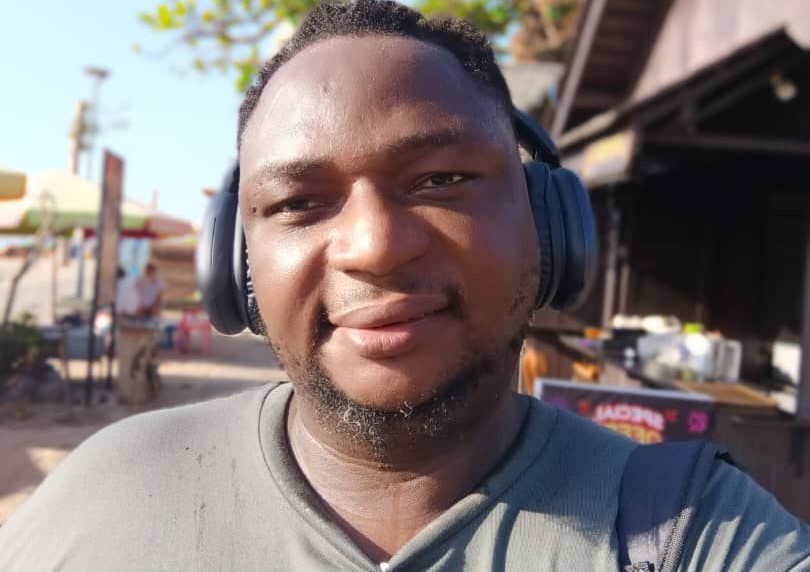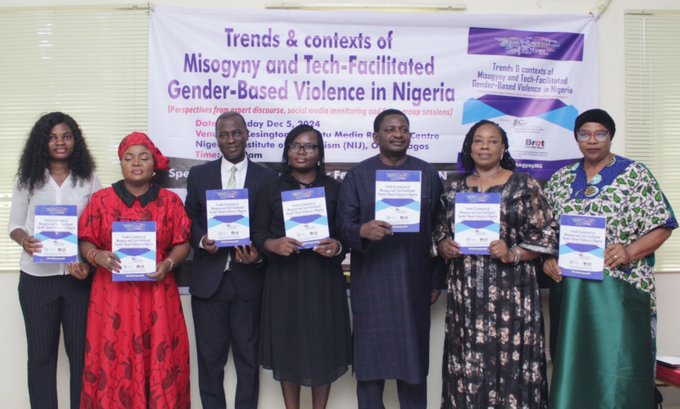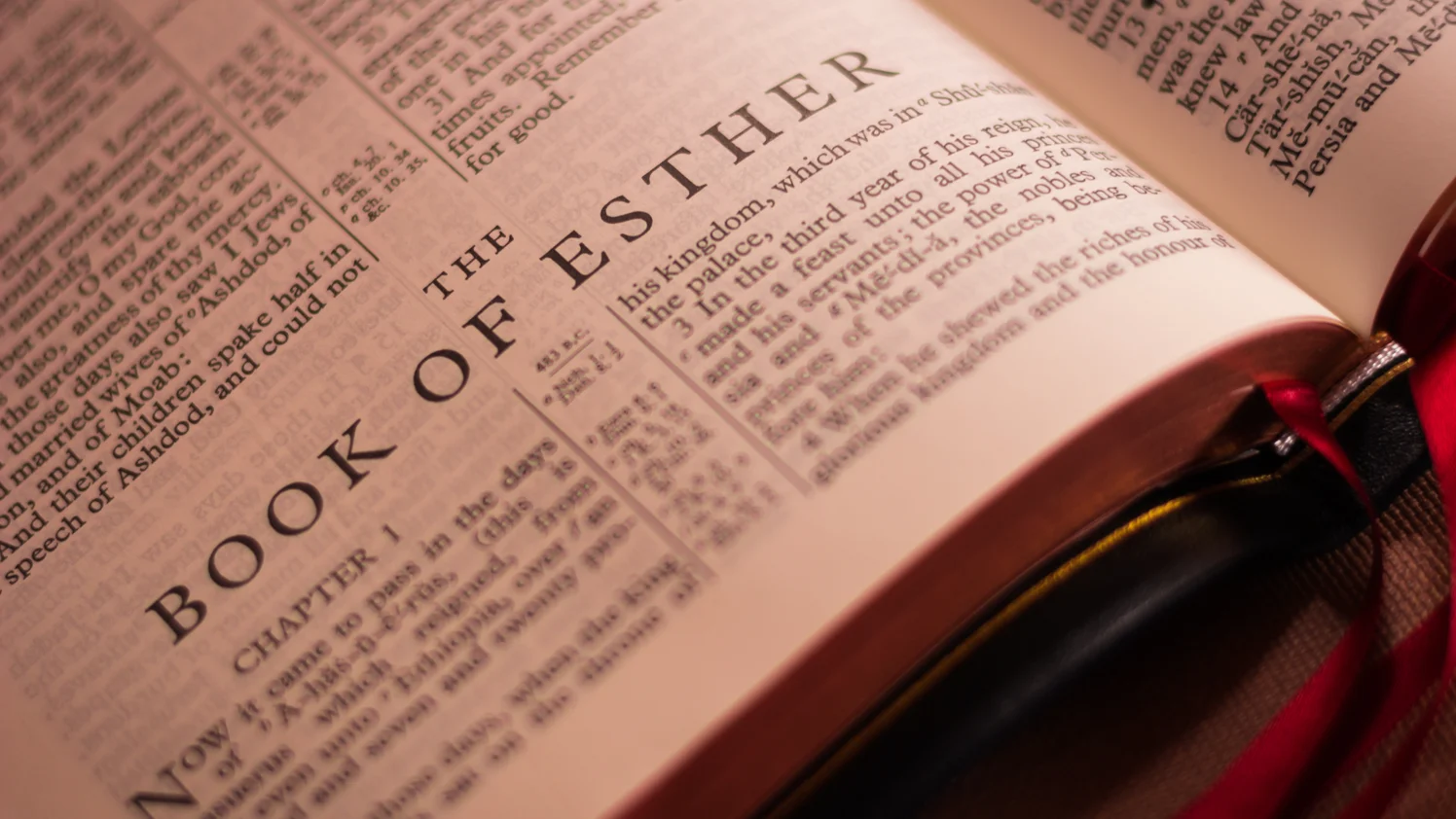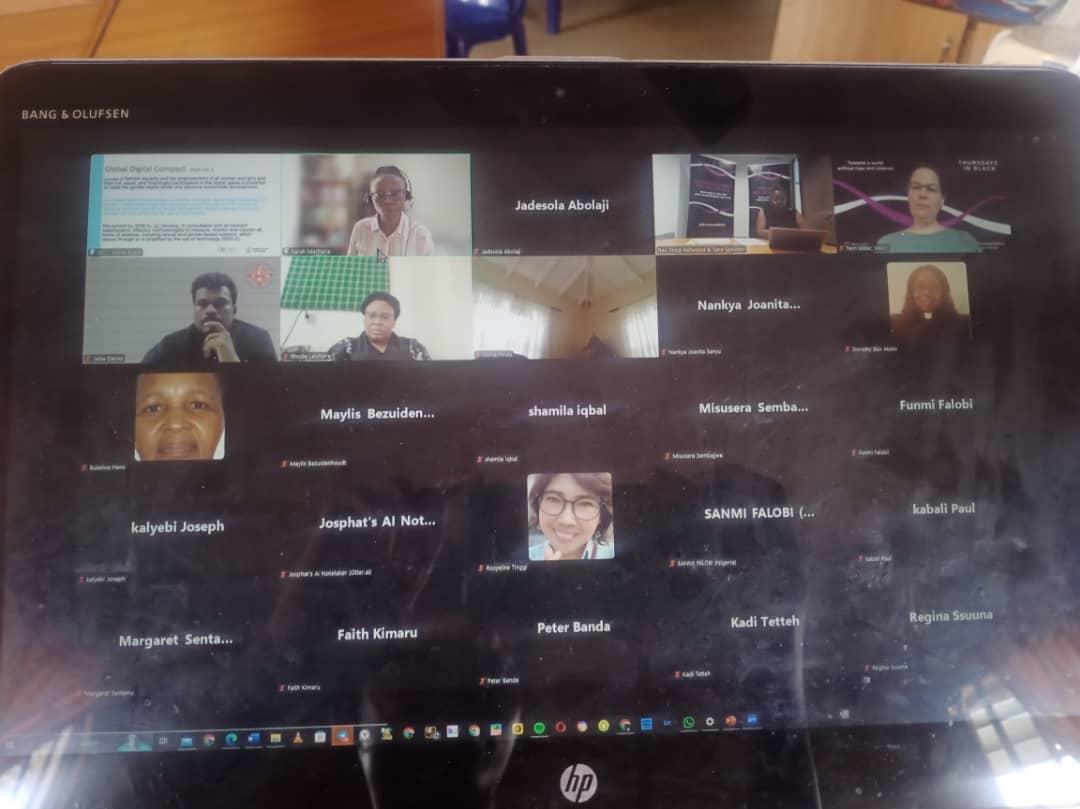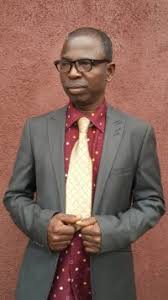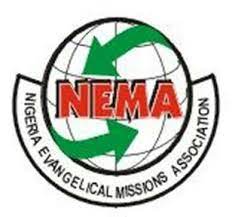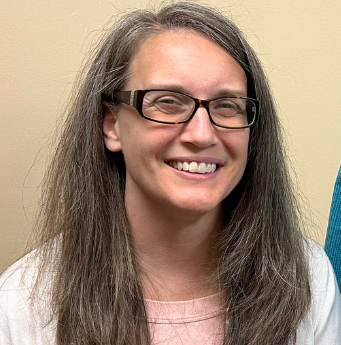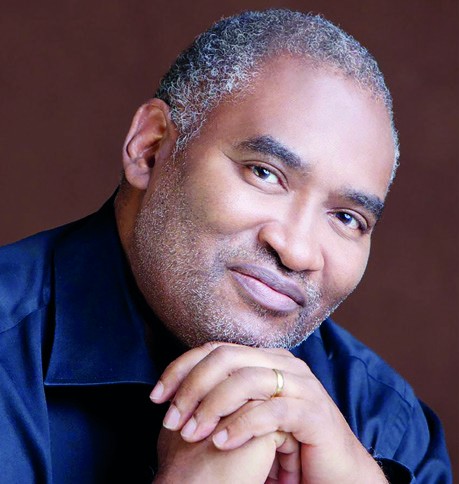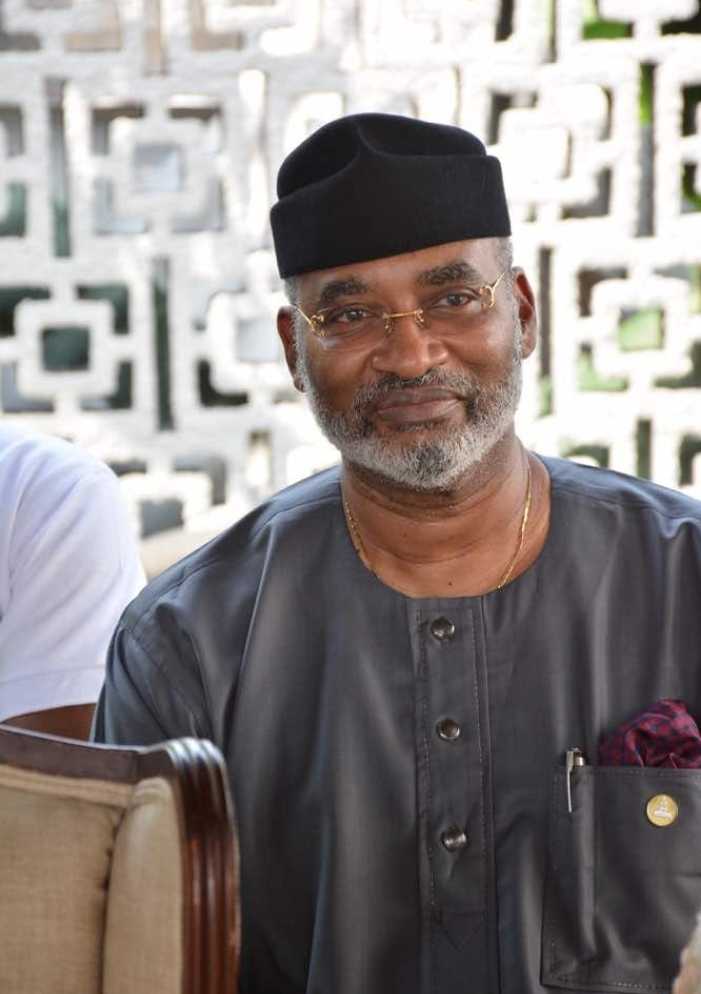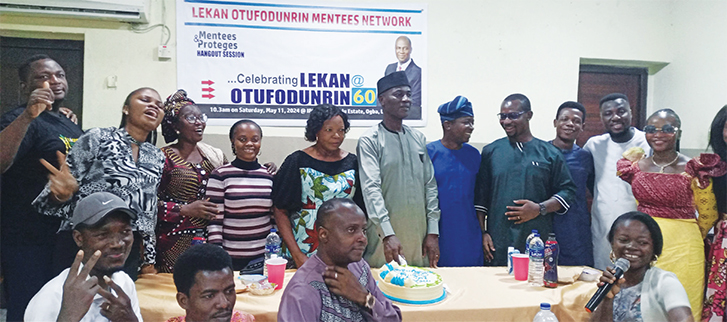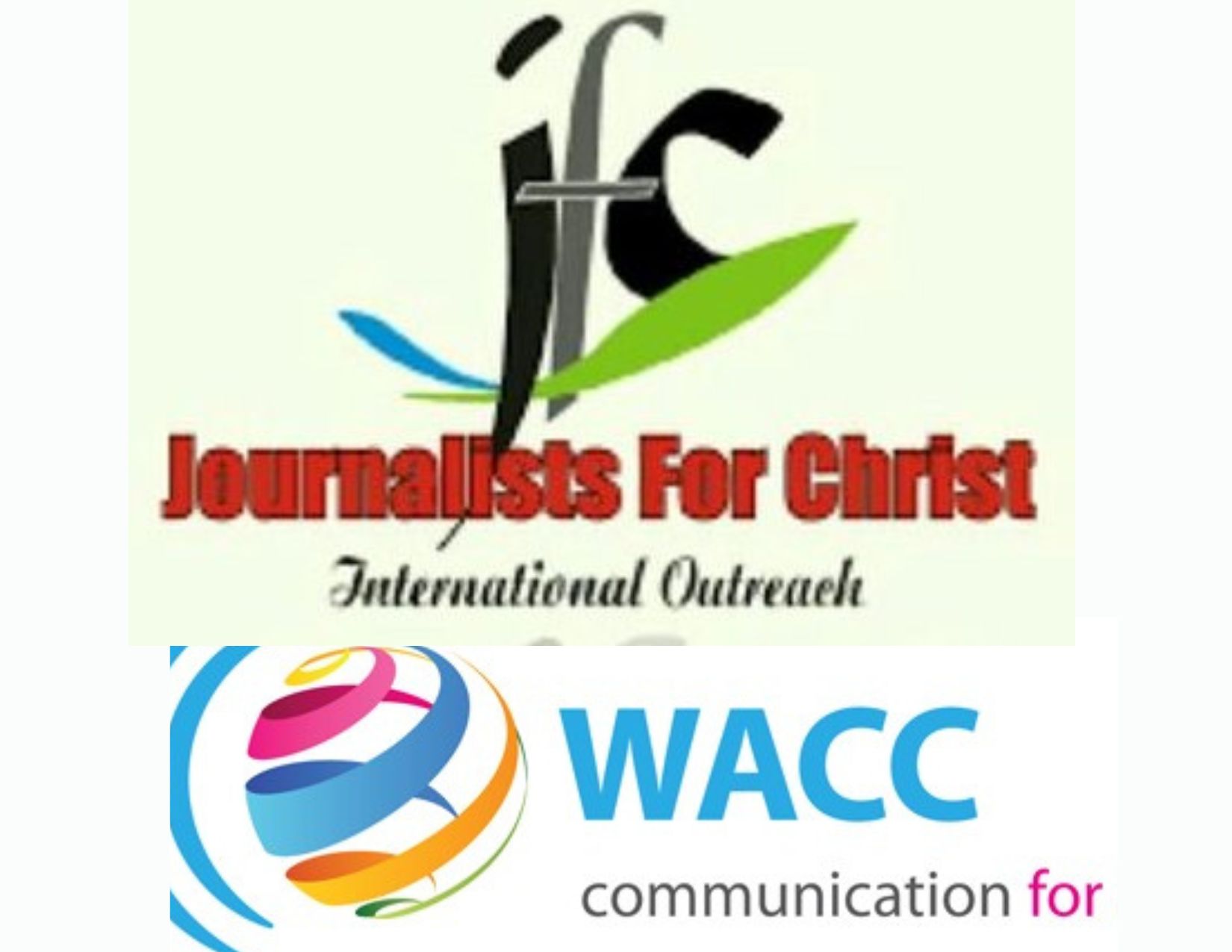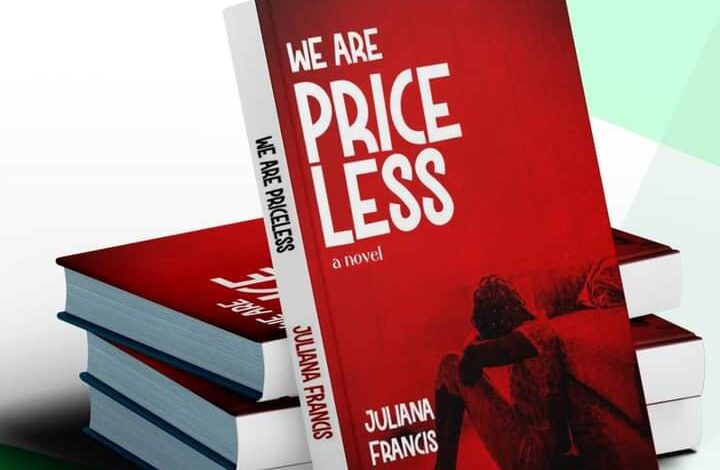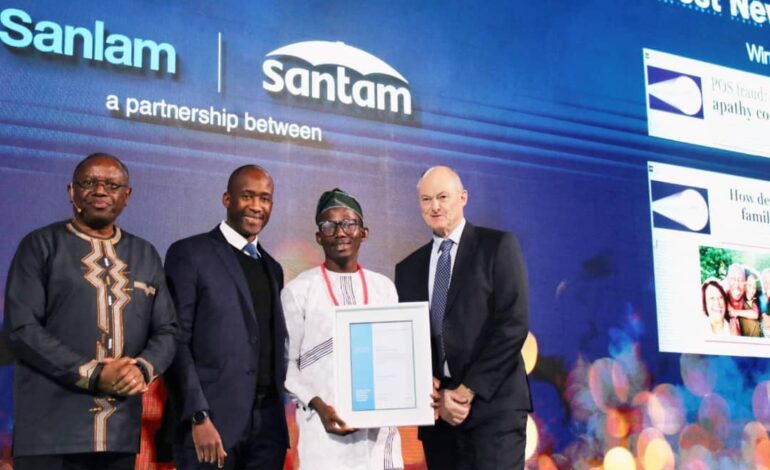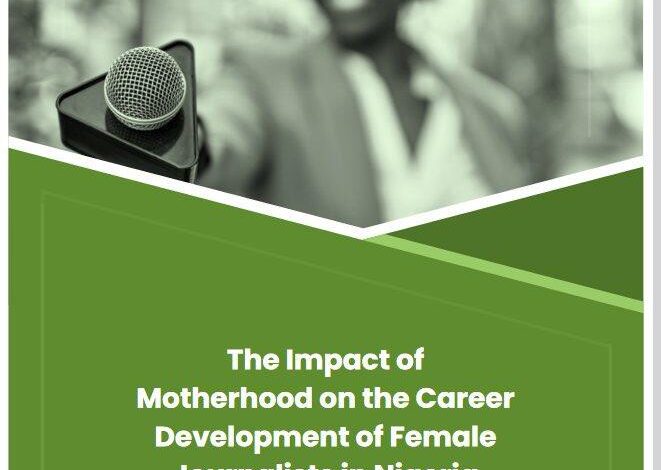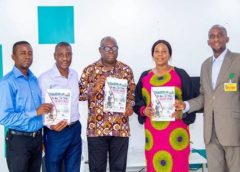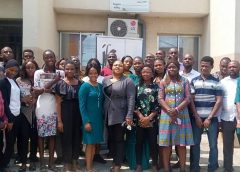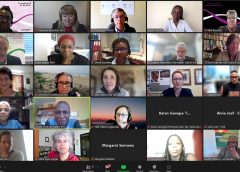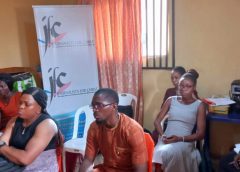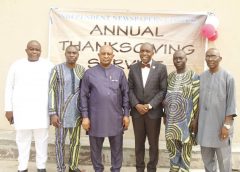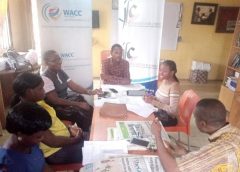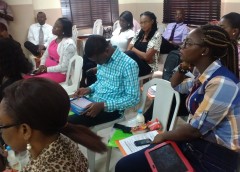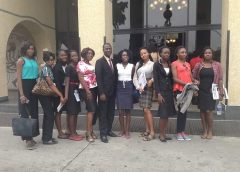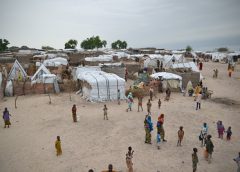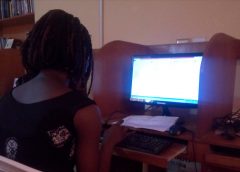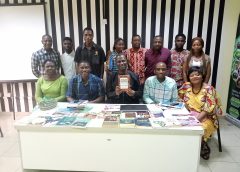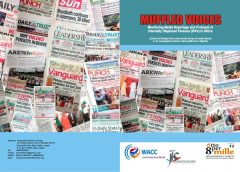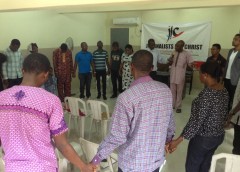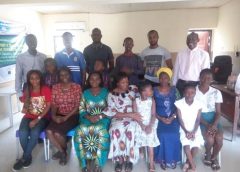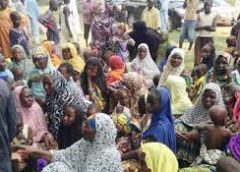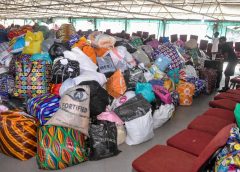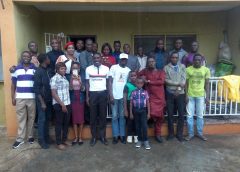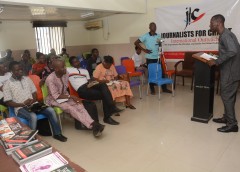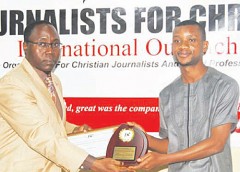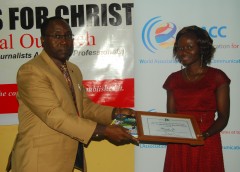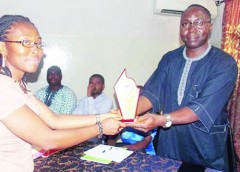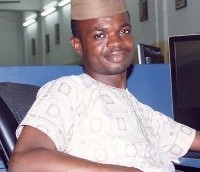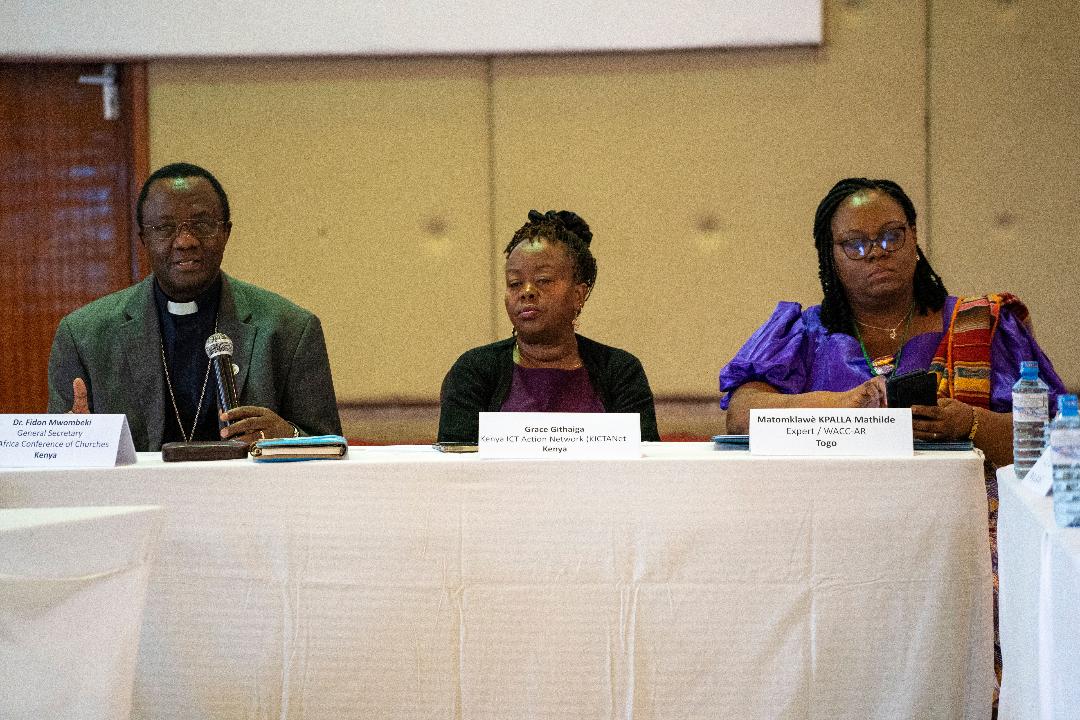
The General Secretary of the All African Council of Churches (AACC), Dr. Fidon Mwombeki has stressed the need to maintain professional standards in the dissemination of information on various media and digital platforms.
He made the call in his opening address at the World Association for Christian Communication (WACC) Partners forum held August 1-3 in Nairobi, Kenya on the theme “Communication Rights Towards a Digital Justice Agenda.”
The Keynote speaker at the event, CEO and Convenor Kenya ICT Action Network (KICTANet) Dr Grace Githaiga in her address stated the need to protect Communication Rights in a digital world.
According to Dr Mwombeki, while everyone has a right to be heard and hear others, and be seen and see others, the line between casual and professional communication should not be blurred.
“ We are having a problem because everyone can type on a phone, take a selfie or ask any passer-by to take a photo and publish it to the world on Facebook or any other platform. Then the quality of what we see is very disturbing. We will definitely not go back to the time when only a few people could write for others,” he stated.
Rev. Mwombeki noted that there is a dire need for professional journalists, and reporters, with many employers especially in church complaining about the lack of professional communicators.
“Those WACC trained at AACC back then, are still unable to retire because we have these wishy-washy trained mass communicators who cannot write a press release! It is time to reconsider the training needs of the churches to have real communicators who act professionally,” the General Secretary said.
With no full-time Communication staff, he said the AACC is teaming with one of its partners ahead of the General Assembly in Abuja in November 2023, with a staff organizing and coordinating the team of 12 young communicators from different countries who are working together to communicate towards the GA and during the GA.
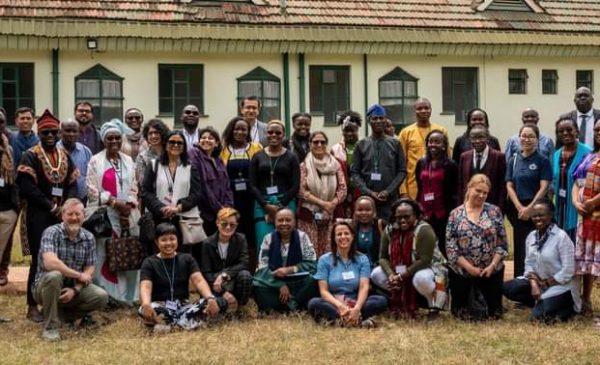
He commended WACC for the focus on Digital Justice, noting that it is necessary and desirable to protect the rights of people considering that digital communication not only provides a great opportunity but is prone to vices.
“The vices include extortion, fake news to the point of inability to know the truth, invasion of privacy, inhumane treatment of people by embarrassing them and exposing them unfairly.
“Africans must benefit due to the history of their former colonizers broadcasting their faces, homes, and streets in selective images of poverty and pitiful conditions for fundraising purposes. It must stop! But at the same time, we find it difficult to know what one may publish without any risk of prosecution.”
Dr Githaiga said it is the collective responsibility of all to ensure that communication rights are protected and upheld so that everyone can participate and benefit.
She said Communication rights are fundamental human rights that are essential for a healthy and vibrant democracy.
According to her, improving digital literacy and skills can empower individuals and communities to navigate new technologies, resist disinformation and engage more effectively online.
She added that regulating digital platforms and holding them accountable for their actions can help reduce harmful content, protect user data, and safeguard our communication rights online.
Expanding access to the internet and digital technologies according to Dr Githaiga can help reduce inequalities and ensure that everyone has the opportunity to participate in the digital age.
She also called for the strengthening of laws against online harassment and hate speech to protect individuals from abusive behavior.
President of WACC Africa Region, Mklawe Kpalla welcomed representatives of the project partners from Africa, Asia and the Middle East and commended the various organisations for the programmes they implemented.
Project highlights, lessons learnt, good practices and changes from the initiatives accomplished with WACC support were shared by the partners during the six-panel sessions held.
